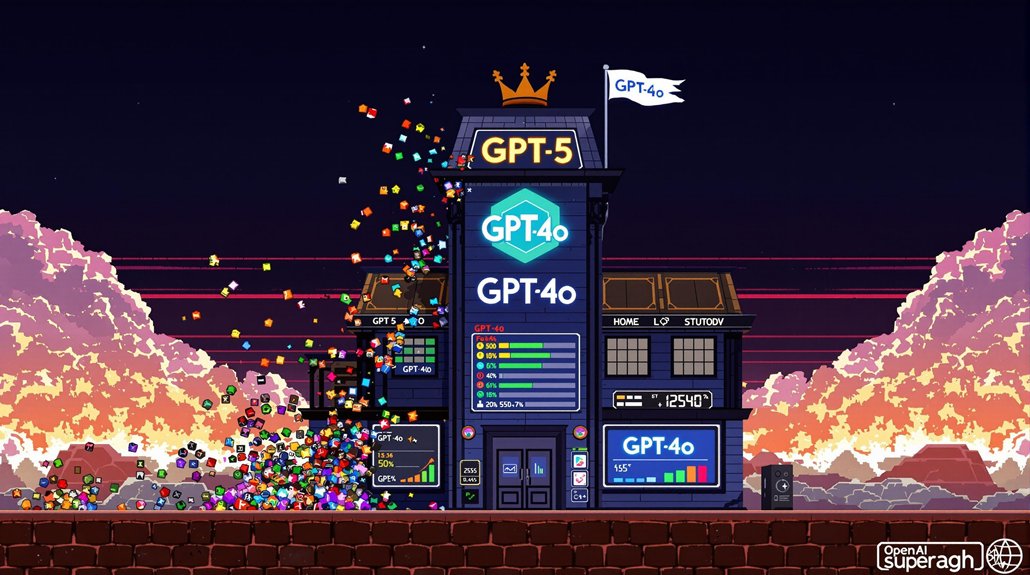Meta’s Llama AI has reached 1.2 billion downloads worldwide, challenging industry competitors who keep their AI technology closed-source. The latest Llama 4 model features native multimodality, processing both text and images seamlessly. With 288 billion parameters, it outperforms GPT-4.5 on STEM benchmarks and supports eight languages. Meta’s strategy of freely sharing advanced AI models has created a thriving developer ecosystem. This approach fundamentally changes how AI technology spreads across the industry.
Meta’s open-source artificial intelligence models have reached a staggering milestone of 1.2 billion downloads worldwide. This unprecedented achievement comes after the company’s continued commitment to making advanced AI technology accessible to everyone. Unlike competitors who keep their AI systems behind closed doors, Meta’s strategy of sharing its Llama models freely has clearly resonated with developers and users globally.
Meta’s open-source approach hits 1.2 billion downloads, proving that democratized AI resonates powerfully with global developers.
The latest Llama 4 model, released on April 5, 2025, has notably contributed to this surge in downloads. It introduces native multimodality with early fusion technology, allowing the model to process both text and images together seamlessly. The flagship Llama 4 Behemoth delivers exceptional performance with its 288 billion active parameters, outperforming competitors like GPT-4.5 on STEM benchmarks. This follows the successful Llama 3.1, which launched in July 2024 with its massive 405 billion parameter architecture.
Meta’s approach has created a thriving ecosystem where developers can build upon and improve the technology. The models’ ability to process up to 128K tokens means they can handle longer documents and maintain context throughout extended conversations. This makes them practical for real-world applications like document analysis and complex problem-solving. The innovative licensing allows developers to use model outputs for improving other AI systems, further accelerating innovation in the field.
The Llama family now supports eight different languages, broadening its appeal and functionality worldwide. This expansion represents a strategic move to increase global adoption and make AI more accessible across language barriers. The company employs retrieval-augmented generation techniques to better manage unstructured data across multiple languages.
Beyond standard computing environments, Meta has optimized versions of Llama for various devices. Custom models now power Meta AI on Ray-Ban Meta glasses, enabling hands-free information access through wearable technology.
While achieving record-breaking download numbers, Meta hasn’t compromised on safety. The company has implemented built-in safeguards to prevent misuse while maintaining transparency about the models’ limitations.
Industry analysts note that Meta’s open-source strategy directly challenges proprietary AI solutions from companies like OpenAI and Anthropic. By democratizing access to cutting-edge AI technology, Meta isn’t just sharing code—it’s fundamentally changing how AI development happens across the industry.









